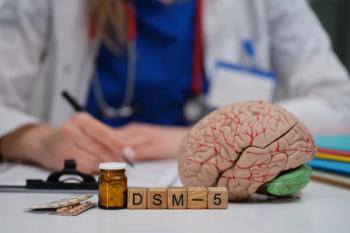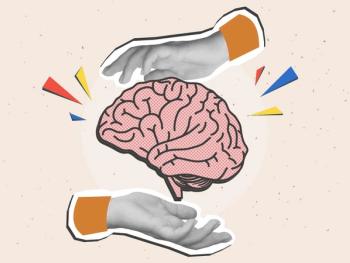
Psychodynamic Psychiatrists to Meet in Toronto Alongside the APA
The American Academy of Psychoanalysis and Dynamic Psychiatry meeting will include a series of symposia and workshops that focus on new approaches to psychotherapy.
The American Academy of Psychoanalysis and Dynamic Psychiatry (
This year’s meeting offers a rich and varied program. In the opening plenary, Richard Brockman, MD, will revisit William Shakespeare in “Othello: Shame, Rage and Neurobiology,” reminding psychiatrists that much can be learned and rediscovered from the works of literature and the arts, especially in view of the recent scientific advances that help to further integrate psychodynamic theory and neurobiology.
The first day of the meeting will include a series of symposia and workshops that focus on new approaches to the construction of
They also aim at helping psychiatrists maintain their understanding of the patient as “a real person,” putting in place treatment plans that incorporate psychopharmacology and psychodynamics. The hope is that psychiatrists will develop stronger
In the humanistic tradition that characterizes the meetings of the AAPDP, Chuck Joy, MD, will share his poetry in the interactive workshop titled, “A Psychiatrist-Poet Invites You to Explore What His Poetry Evokes in You.” Later, Gregory Mahr, MD and Dennis Kuo, MD will explore the relationship between “Music, Mind, and Brain.”
Other presentations will focus on the relationship between the therapeutic alliance and somatization;
Two plenary addresses will feature, Graeme Taylor, MD, who will discuss, “Patients With a Paucity of Inner Experiences: Insights from Neuroscience and Empirical Research,” and Andrew Gerber, MD, PhD, who will talk about “The Essential Role of Neuroscience Research and the Future of Psychoanalysis.”
The second day of the meeting will include presentations on dealing with the death of a parent as a college student; violations in the treatment alliance; how metaphor creates an environment for change in psychotherapy; the Superego seen from the point of view of neurobiology; memory reconsolidation in psychotherapy; and the contributions of the Babylonian Talmud to the understanding of dreams, among others.
The presidential address will be given by Elizabeth Auchincloss, MD, who will discuss “New Developments in the Therapeutic Alliance and Its Implications for the Future of Psychotherapy and Psychoanalysis.” The meeting will include presentations; paper sessions; and a luncheon for residents and medical students, who are invited to attend the meeting free of charge upon presenting a valid ID.
The AAPDP invites all psychiatrists, residents, and medical students interested in psychodynamic therapy to register and attend this stimulating and exciting meeting, which takes place immediately before the APA, by logging on to
Dr Rothe is Chair of Scientific Programs for the American Academy of Psychoanalysis and Dynamic Psychiatry.
Newsletter
Receive trusted psychiatric news, expert analysis, and clinical insights — subscribe today to support your practice and your patients.







